Kratom Regulations in Thailand: Unlocking Opportunities in a Growing Market
Kratom (Mitragyna speciosa), a plant traditionally used for its stimulant and analgesic properties, has seen a monumental shift in its legal and regulatory status in Thailand. Once classified as a prohibited substance under Thailand’s Narcotics Act, kratom was removed from the narcotics list in 2021. This policy reversal culminated in the enactment of the Kratom Plant Act B.E. 2565 (2022), which governs the trading, use, import, and export of kratom.
To further expand its applications, the Thai Ministry of Public Health has approved kratom for use in food, beverages, food supplements, and herbal products. However, businesses looking to market these products must secure the necessary licenses from the Thai Food and Drug Administration (THAI FDA).
Recent Developments: Kratom’s Use in Food Supplements
On September 4, 2024, the Thai FDA introduced specific guidelines for incorporating powdered kratom leaves and kratom leaf extracts into food supplements. These guidelines aim to ensure product safety and quality, outlining strict standards for raw materials, dosage, labeling, and manufacturing practices.
Key Guidelines for Food Supplements Containing Kratom
Raw Material Standards
- Powdered kratom leaves and extracts must adhere to stringent quality benchmarks.
- Mitragynine, kratom’s primary active compound, must constitute at least 1% of the total mass for powdered kratom products.
Dosage Limits and Synthetic Additives
- Powdered kratom supplements must not exceed 0.2 mg/day of mitragynine, including naturally occurring 7-hydroxymitragynine.
- Water-extracted kratom products are capped at 1 mg/day of mitragynine.
- The addition of synthetic 7-hydroxymitragynine into any kratom product is strictly prohibited.
Safety Standards for Other Food Categories
- Kratom-based products outside the food supplement category must pass rigorous safety assessments to comply with Thai health standards.
Manufacturing Practices
- Facilities producing kratom products must meet Good Manufacturing Practice (GMP) standards as specified in the Ministry of Public Health’s Announcement No. 420 (B.E. 2563).
Labeling Requirements:
Labels must include essential information and warnings:
- “Do not consume continuously for more than seven days.”
- “Avoid combining with other kratom-containing products or alcohol.”
- Contraindications for individuals with cardiovascular diseases, diabetes, or psychiatric disorders.
- Approval Process
- Businesses are required to submit detailed product specifications, laboratory reports verifying mitragynine content, and proof of GMP compliance through the Thai FDA’s e-submission system.
Kratom as an Herbal Product
In addition to food supplements, kratom can be registered as an herbal product under the Thai FDA’s Herbal Product Division. This opens new avenues for businesses aiming to capitalize on kratom’s traditional and medicinal uses.
Herbal Product Regulatory Requirements
Quality and Safety Standards
- Products must undergo stringent testing for quality, purity, and contaminants.
- Mitragynine content in herbal products must not exceed 1 mg/day.
Manufacturing and Import Compliance
- Domestic manufacturers must adhere to GMP standards, while importers must provide equivalent certifications for their facilities.
Labeling and Contraindications
- Packaging must clearly display dosage instructions, warnings, and contraindications.
- Labels must advise against use with anticoagulants or in specific health conditions.
Approval Process
- Applications must include product samples, safety data, and documented evidence of health benefits.
Market Implications for Kratom Businesses
The updated regulatory framework presents a wealth of opportunities for local and international businesses interested in kratom cultivation, production, and trade. With Thailand’s favorable climate and longstanding tradition of kratom use, the country is poised to become a central player in the global kratom market.
Key Opportunities
- Export Potential: Thailand’s regulatory clarity and adherence to international safety standards make its kratom products highly attractive for export.
- Domestic Market Growth: The legalization and regulation of kratom-based food and herbal products provide room for innovation in functional beverages, supplements, and wellness products.
- Investment in Innovation: Businesses focusing on research and development can capitalize on the growing demand for high-quality, standardized kratom products.
Despite the opportunities, challenges remain. The approval process is meticulous, and only a limited number of kratom products have received FDA approval to date. This underscores the importance of meeting regulatory requirements and maintaining high standards for safety and quality.
What Does This Mean For Kratom In Thailand and Abroad?
Thailand’s evolving kratom regulations reflect a broader trend toward recognizing the plant’s economic and therapeutic potential. For decades, kratom was restricted under Thailand’s narcotics laws, reflecting concerns about misuse and its association with other substances. However, recent legal reforms have marked a significant shift, driven by growing awareness of kratom’s value as a natural remedy and its role in traditional medicine. By decriminalizing kratom and integrating it into legal frameworks, Thailand has taken steps to balance public safety with economic opportunities.
One of the most impactful changes is the government’s introduction of clear guidelines for incorporating kratom into food and herbal products. These regulations not only provide a structured path for domestic businesses but also align with international standards, making Thai kratom products more competitive globally. Entrepreneurs now have a roadmap for ensuring quality and compliance, which opens doors to innovation in kratom-based teas, supplements, and other wellness products. This clarity in regulation helps to build consumer trust, a critical factor in expanding both local and international markets.
Thailands Regulatory Landscape
For businesses willing to navigate Thailand’s regulatory landscape, the opportunities are immense. Domestically, the demand for kratom products is growing as consumers turn to natural alternatives for health and wellness. Internationally, the global interest in plant-based remedies offers a lucrative market for Thai producers who can position themselves as leaders in the kratom industry. Thailand’s reputation as a hub for agricultural excellence further strengthens its ability to dominate the kratom trade, provided businesses adhere to the guidelines set forth by the government.
These developments also pave the way for sustainable growth in the sector. By promoting responsible cultivation and ensuring adherence to quality standards, Thailand has the potential to create a robust kratom industry that benefits not only businesses but also local farmers. Many rural communities depend on kratom cultivation as a primary source of income. The legal reforms provide them with an opportunity to transition from informal trade to a legitimate, regulated market, ensuring better earnings and long-term stability.
Conclusion
In summary, Thailand’s approach to kratom regulation is a testament to its commitment to harnessing the plant’s benefits while maintaining public health and safety. By embracing kratom’s economic and therapeutic potential, the country is positioning itself as a global leader in the industry, setting an example for other nations considering similar reforms. This shift signals a promising future for kratom and its role in promoting wellness and economic development on a global scale.

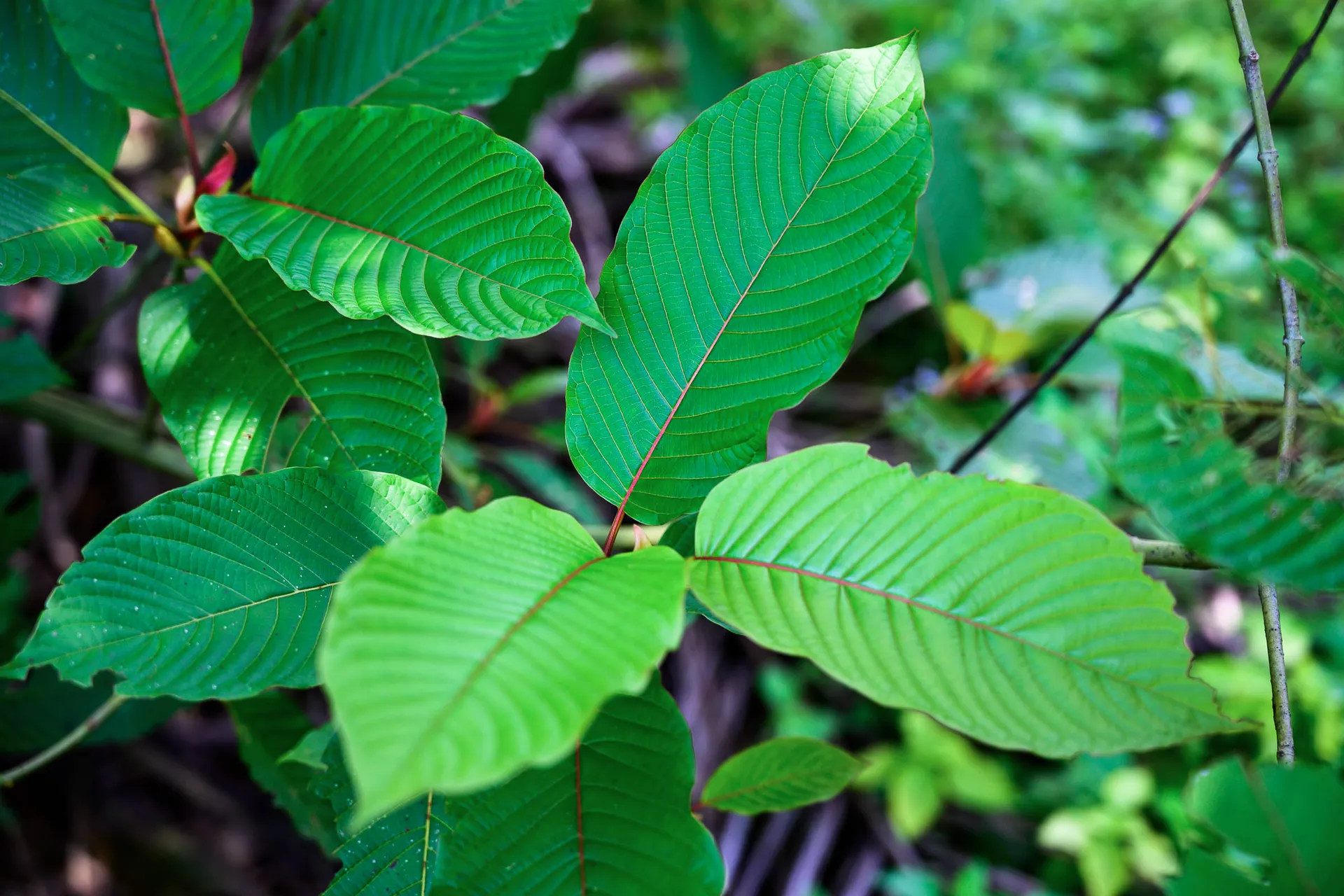
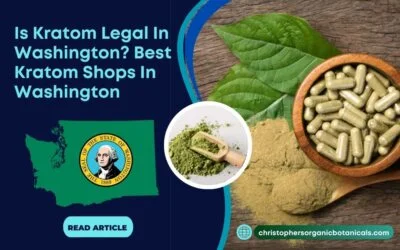
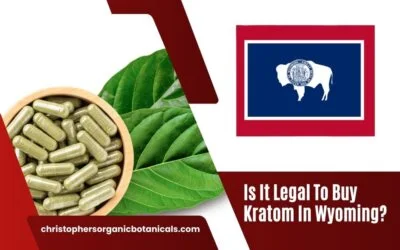
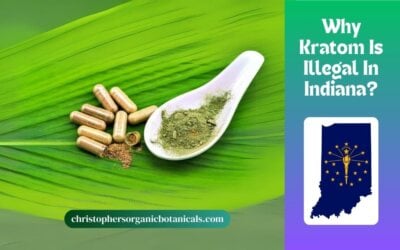
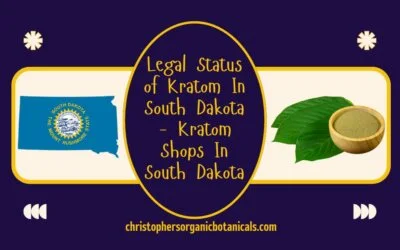
0 Comments